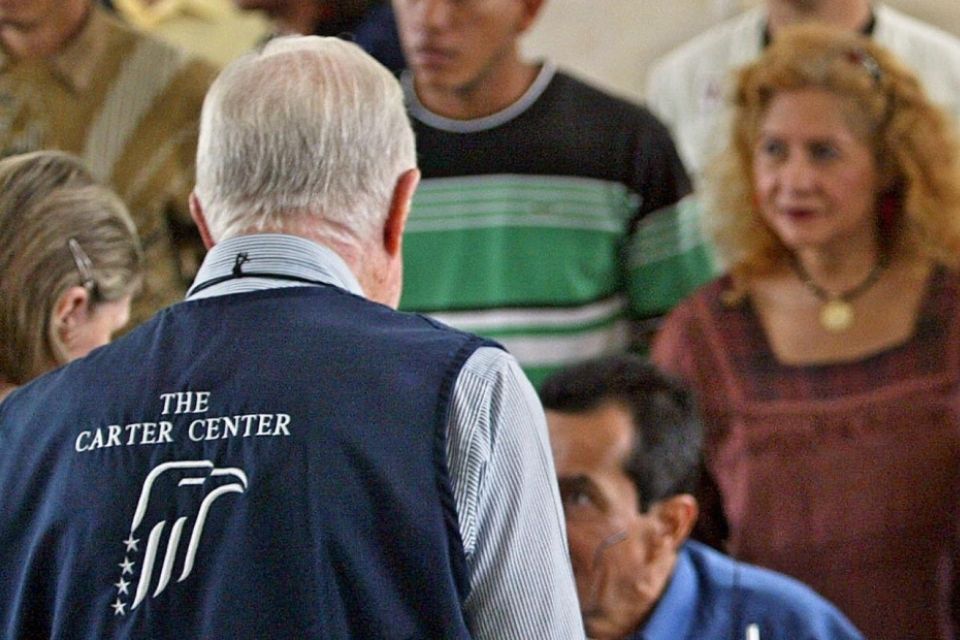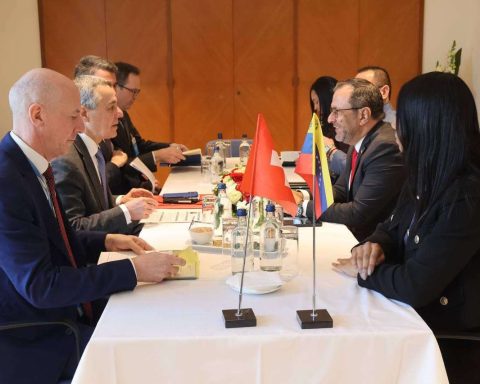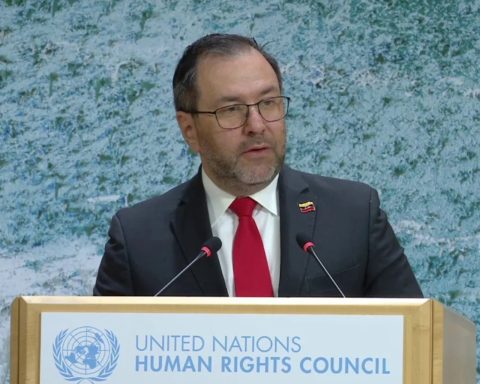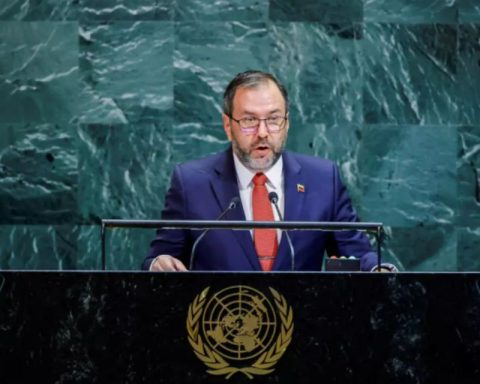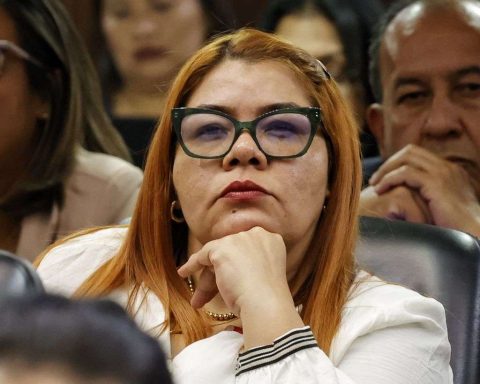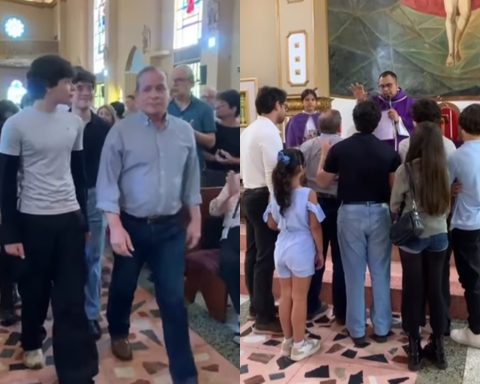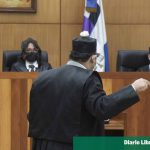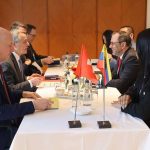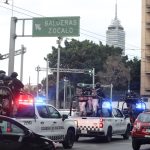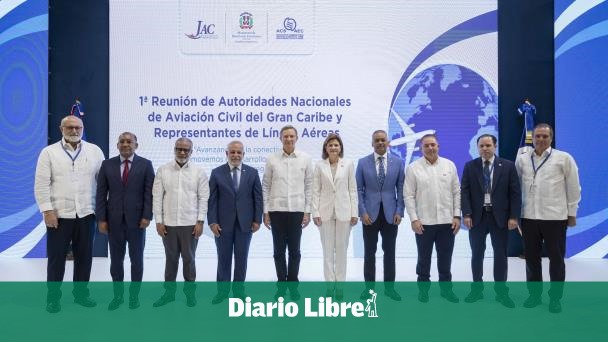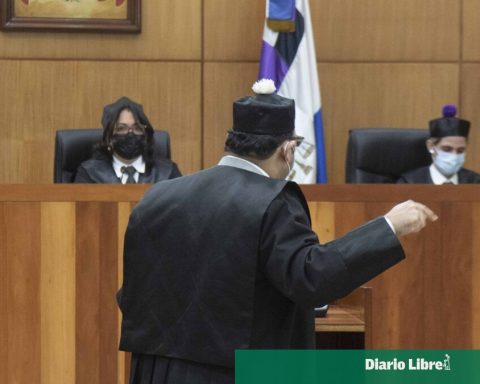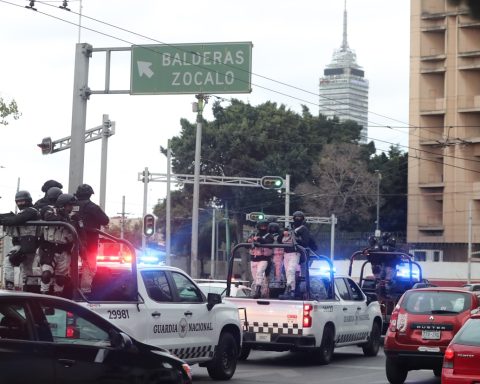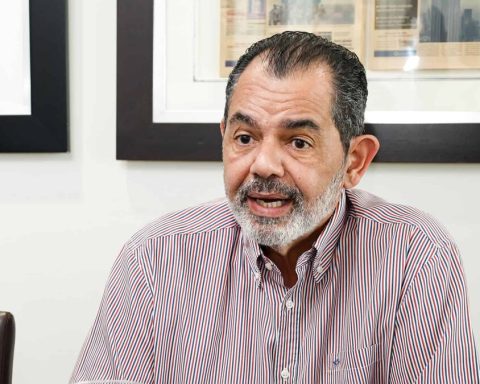The Carter Center said it cannot corroborate the results because the electoral authority did not provide all the information. It also questioned the CNE’s bias in favor of Nicolás Maduro, the restrictions on the other candidates and the impediments to the greatest number of Venezuelans being able to exercise their right to vote.
The Carter Center said that the presidential elections held in Venezuela on July 28 cannot be considered democratic. The international organization, which deployed an observation mission for these elections, said that the process did not comply with international standards of electoral integrity.
“The Carter Center cannot verify or corroborate the election results declared by the National Electoral Council (CNE), and the electoral authority’s failure to announce the results disaggregated by voting table constitutes a serious violation of electoral principles,” the statement reads. releasepublished in the evening hours of July 30.
The text, published on the agency’s website, denounced that the process “violated numerous provisions of its own national legislation.” It stressed that the election took place “in an environment of restricted freedoms for political actors, civil society organizations and the media.”
According to the Carter Center, throughout the entire electoral process, “the National Electoral Council demonstrated a clear bias in favor of President Nicolás Maduro,” currently in power and whom the Venezuelan body declared the winner after a bulletin with incomplete results.
*Read also: The United States rejects calls from Chavismo for the arrest of Machado and González
He added that voter registration was hampered by short deadlines, relatively few registration locations and minimal public information. In the case of Venezuelans abroad, they faced excessive legal requirements to register, some of which seemed “arbitrary.”
The Centre also stressed that the registration of parties and candidates did not meet international standards, as the registration of the candidates of the main opposition forces was subject to “arbitrary” decisions by the CNE, “without respecting basic legal principles.”
The organization also stated that the electoral campaign was affected by “the inequality of conditions between the candidates.” It pointed out that the campaign of President Nicolás Maduro was well funded and was visible through rallies, posters, murals and street campaigns.
“The incumbent president’s abuse of administrative resources — including the use of government vehicles, public officials campaigning in the exercise of their official duties, and the use of social programs — was observed throughout the campaign,” he added.
The statement also noted that Nicolás Maduro, the candidate of the United Socialist Party of Venezuela (PSUV), had “overwhelmingly positive coverage on television and radio, in terms of advertising, broadcast events and news coverage,” while the rest received little media coverage.
In addition, authorities in Nicolás Maduro’s government were accused of frequently trying to restrict opposition campaign activities. “This included harassment or intimidation of people who provided services or goods to the main opposition campaign,” it stressed.
The Carter Center documented that despite state restrictions, citizens took to the streets peacefully and in large numbers to express their will on Election Day. It added that despite reports of restrictions on access to many polling stations for domestic observers and opposition party witnesses, alleged pressure on voters, PSUV checkpoints and tense incidents, the vote appeared to proceed in a generally civil manner.
“At the limited number of polling stations they visited, Carter Center observer teams witnessed the desire of the Venezuelan people to participate in a democratic electoral process, demonstrated through their active participation as poll workers, party witnesses, and citizen observers. However, their efforts were undermined by the CNE’s complete lack of transparency in announcing the results,” he said.
Declaration of the Cart… by As it is
Post Views: 278
